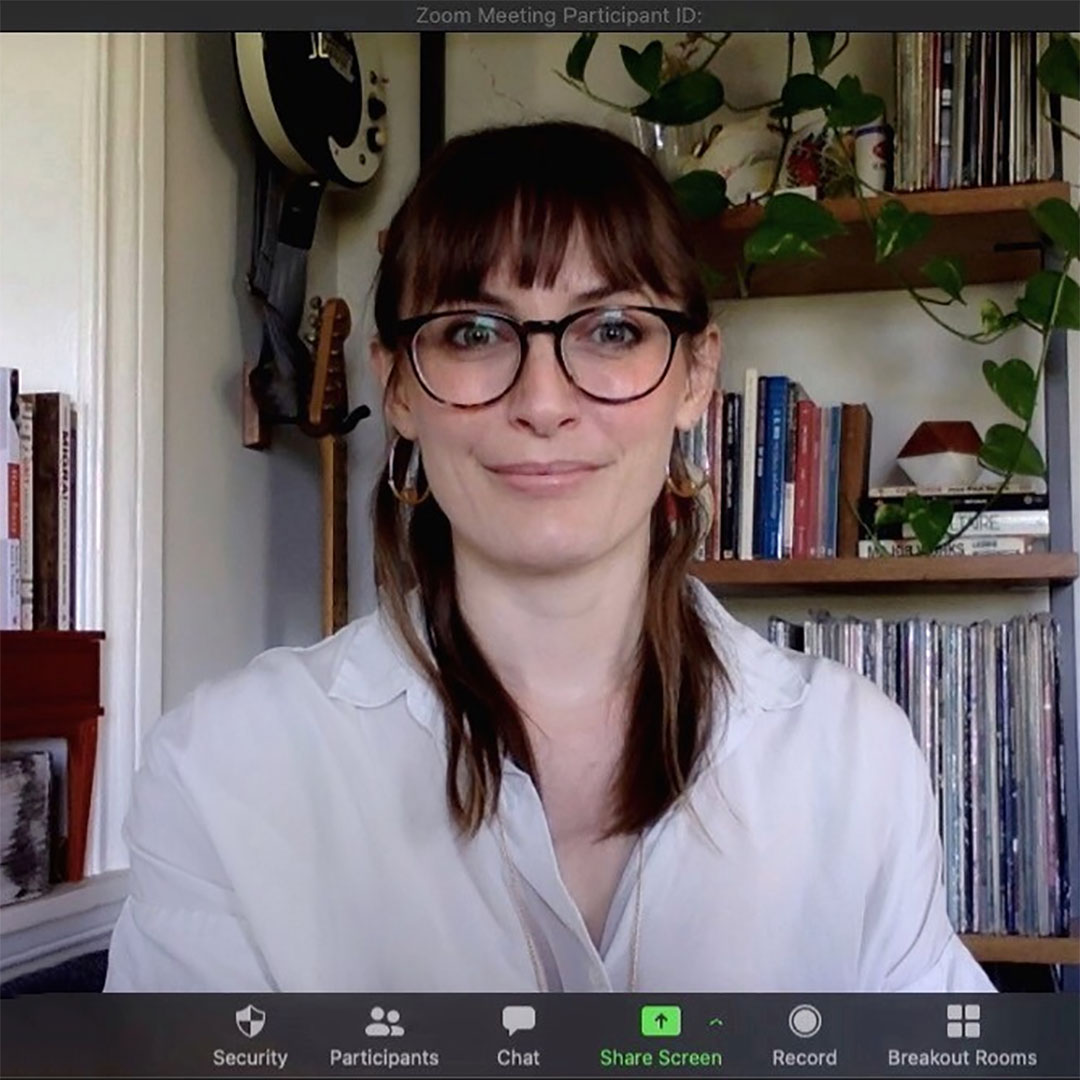Summer Job Diaries: Getting Real About Civil Rights at the ACLU

Joanna Leitch '21 is a rising third-year student who is spending the summer at the ACLU exercising skills she learned in LLS' Civil Rights Litigation Practicum.
How did you land your summer job?
During my second year, I took Loyola Law School's Civil Rights Litigation Practicum with Professor Gary Williams. The class, a year-long program, places students in an externship as part of their spring semester. I was placed at the ACLU of Southern California (ACLU SoCal). There, I worked in the Education Equity team under a wonderful supervisor and had a great experience. Based on that semester, I applied to continue on as a summer intern there.
What is the most interesting part of your job?
I have loved getting to do the kind of work I came to law school to do, and gaining experience navigating the intersection of litigation, policy work and community outreach that is at the heart of effective public interest advocacy. Even if my career interests lean toward litigation, effectively messaging your goals to relevant communities only further supports that work.
What has been your most challenging assignment thus far?
One of the most challenging assignments was a deep dive into a complex area of family law and child welfare work, with a specific focus on local procedure. I was researching an area of the law that isn’t generally taught in-depth in school, so I had to quickly educate myself by reviewing old reports, continuing education training materials, know-your-rights information, and state and local statutes. However, after a week, what had first seemed like an insurmountable challenge quickly became a clear path through which I could then examine how the law was informed by race, class and LGBTQ+ identity.
What new legal skill have you acquired during your summer job?
My internship with ACLU SoCal has shown me how the law interfaces with, and can be supported by, the public. Whether that was contributing to published reports, producing know-your-rights materials or creating calls for public comments, I’ve gained a greater understanding of how public-facing work generates information in preparation for future litigation or in support of ongoing litigation.
What bit of legal knowledge have you been able to display?
Cal. Educ. Code § 220! I first came across this statute as part of my Civil Rights Litigation Practicum final exam. At the time, I analyzed the statute as part of a hyopthetical fact pattern, and while interesting, it was hard to envision the real-world implications and use of the code. However, one of my recent assignments for ACLU SoCal analyzed the statute as a means of addressing potential violations against LGBTQ+ students; it was amazing to see what had been merely theoretical become a means of addressing harms to real individuals.
How has Loyola Law School helped you map your career path?
LLS has given me not only a legal education, but also an education on the real-world tools to apply the law. As part of my Civil Rights Litigation Practicum final, I produced a brief, discovery plan and complaint based around a complex fact pattern. Many of these tools have supported my work at ACLU SoCal. For example, when I was asked to write up a public records request for ACLU, I was already familiar with how to look at the issues at hand, the facts needed to support the proposed legal claims, and craft requests that should result in documents to support those claims. But the law school's emphasis on the practice, and not just the theory of the law, has not been limited to my practicum. Bar classes such as Evidence, Criminal Law and Constitutional Law have all touched on how the law is used as a tool, not simply a theory, and I have regularly pulled out my class notes to situate myself before diving into an assignment